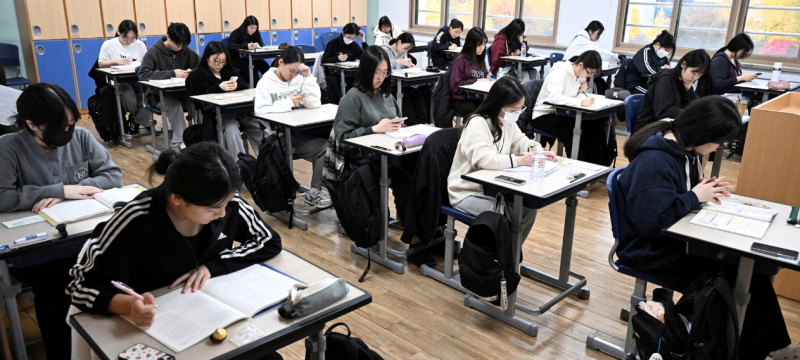South Korea has enacted a nationwide ban on mobile phones and digital devices in school classrooms, aiming to address rising concerns about smartphone addiction among students. The legislation, passed on August 27, 2025, will take effect in March 2026, coinciding with the new academic year.
Reasons Behind the Ban
The decision to implement this ban stems from increasing evidence of the negative impact of excessive smartphone use on students’ academic performance and mental health. Surveys indicate that 37% of middle- and high-school students feel social media affects their daily lives, and 22% experience anxiety when unable to access their social media accounts.
Details of the Legislation
The bill, which received bipartisan support in parliament, prohibits the use of mobile phones and other digital devices during school hours. Exceptions will be made for students with disabilities who rely on assistive technology, as well as for emergency situations and educational purposes.
Global Context
South Korea joins a growing number of countries implementing similar measures. For instance, Australia has recently widened its ban on social media for teenagers, and the Netherlands has found that banning mobile phones in schools improves student focus.
Potential Challenges
While the ban aims to promote healthier habits among students, some youth advocacy groups have raised concerns about potential infringements on children’s rights. They argue that such measures could limit students’ access to information and communication.
As the implementation date approaches, schools and educators will need to develop strategies to enforce the ban effectively while addressing any concerns from students and parents.







